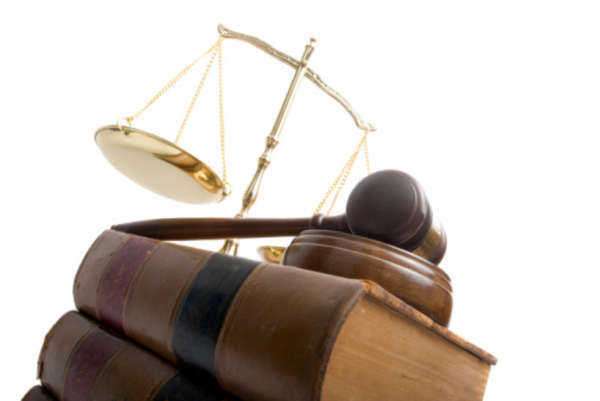Make Sure You Know The Pertinent Court Cases and Decisions
Although many states consider minors who have enrolled in the military to be emancipated, there have been many cases in which the judges have ruled that military emancipation depends upon the specific situation. In Blackman v. Blackman, the court determined that a minor who enlists in the military is considered to be emancipated.
Responsibility for support of the minor has been shifted from the parents to the Government. The Government is now responsible for providing the minor with basic necessities, such as food and shelter, as well as administering punishment for any rules or regulations that the child may disobey. Therefore, the parents of the minor are no longer required by law to provide support to the child. This is also the way that the court ruled in Wittwer v. Wittwer.
However, if you or your child is considering enlisting in the military, essential emancipation information must be taken into account. Not all courts have ruled that entrance into the military constitutes a minor to be emancipated. In Omohundro v. Omohundro, a minor entered into the army reserves in order to take advantage of the drug rehabilitation program that the military offers.

When the minor was on active duty, the Government was required to provide him with basic necessities, such as clothing, food and shelter. However, when the child returned home from active duty his parents were required to provide him with these basic necessities. The child required the continued support of his parents, and because of this, he was not emancipated.
This was also the case in Koon v. Koon. In this case, when the minor enlisted in the military his mother continued to supply him with a room to live in and offered continued support to the child. Therefore, the minor was not emancipated.
Critical emancipation information can be gathered from the case Howard v. Howard. In this instance, the father of a minor who enrolled in the Coast Guard Academy wished to have his responsibility to provide support for the child absolved. He argued that because his son was attending the Coast Guard Academy he was enlisted in the military, and therefore, he was emancipated.
The court ruled that enrollment in the Coast Guard Academy was the same thing as enrolling in any college or university and is not considered active duty. Therefore, the child was not considered to be emancipated and the father had to continue to provide support for the child, as well as assist with any education expenses.
In the cases Zuckerman v. Zuckerman and Porath v. McVey, the court was required to determine the status of a minor who enrolled in West Point Military Academy. The court found that due to the terms of enrollment at West Point Academy these minors were considered to be on active duty, and therefore, they were emancipated.
If you are considering joining a branch of the military or have a child who is considering it, you should review all of the emancipation information regarding military enrollment so that you may better understand your rights as a minor or your responsibilities as a parent.